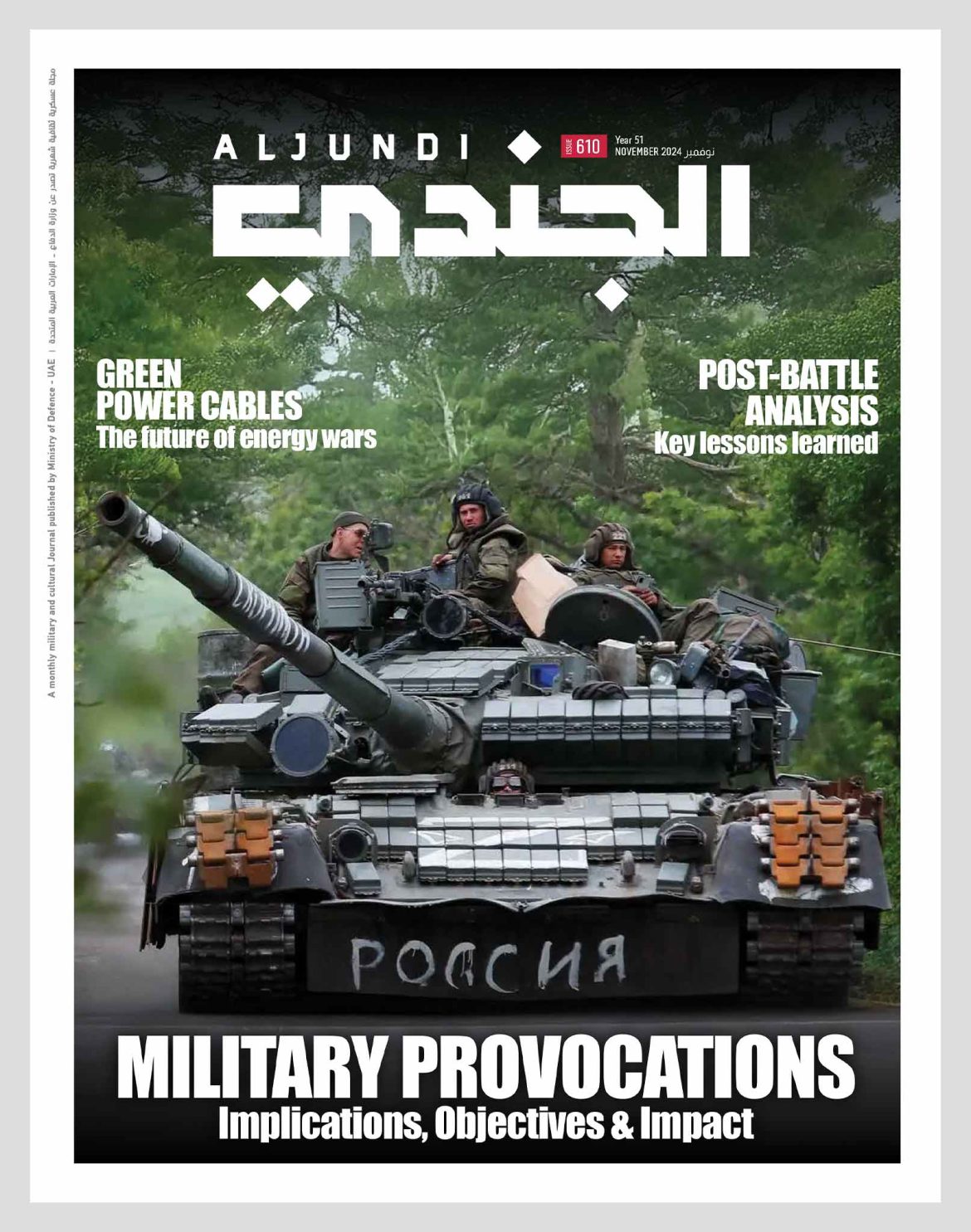For decades, China’s mindset was primarily focused on its economic rise, keeping it distant from engaging in international political competitions and tensions on both regional and global levels. However, as China’s economic ascent persisted, built predominantly on peaceful tools, the nation was compelled to shift its thinking, especially upon stepping out of its regional sphere and seeking to compete for a prominent position in the new multipolar international system.
Consequently, China had to break free from its economic-focused mindset and expand into international politics, reconstructing its foreign policy to align with its economic expansion.
Thus, China, which had long been absent from international political issues, was obliged to reshape its foreign policy per the demands of its rising phase. This explains China’s accelerated involvement in numerous regional and global issues.
Just as China’s economic ascent necessitated a reconfiguration of its international political presence, it also broadened the scope of threats and challenges it faces, including persistent regional conflicts with several neighbours, notably Japan, and the South China Sea dispute, which stands as a priority and a major hotspot in the Southeast Asian region due to its contention over exerting influence in the area between the Chinese and American powers.
These threats and challenges have led China to prioritise military capability, which could contribute to fortifying its international ascent. Consequently, it became evident that President Xi Jinping’s administration views nuclear capability as one of the most crucial tools to safeguard its economic rise, especially as the developments between Russia and Ukraine have raised concerns among the Chinese about conflicts deviating and impeding China’s rise.
Therefore, during the peak formation period of the new international system in 2012, when Western powers were receding in the face of Russian and Chinese ascents, China was convinced of the urgent need for nuclear arms, prioritising them amid international changes.
Since assuming power, President Xi Jinping has emphasised the need for massive nuclear capability to confront potential adversaries, signifying that the new Chinese administration prioritised nuclear capability.
China exists in a challenging international security environment, explaining its insistence on accelerating the pace of enhancing its military capabilities, especially nuclear ones. This underscores the doubling of its nuclear arsenal to around 500 warheads, expected to reach 1500 warheads by 2035. This escalation in nuclear capability undoubtedly complicates the international security environment China faces, leading to increased international pressure on China.
Consequently, China is confronted with numerous challenges and threats currently, providing the United States with an opportunity to use nuclear arms control to exert pressure on China.







